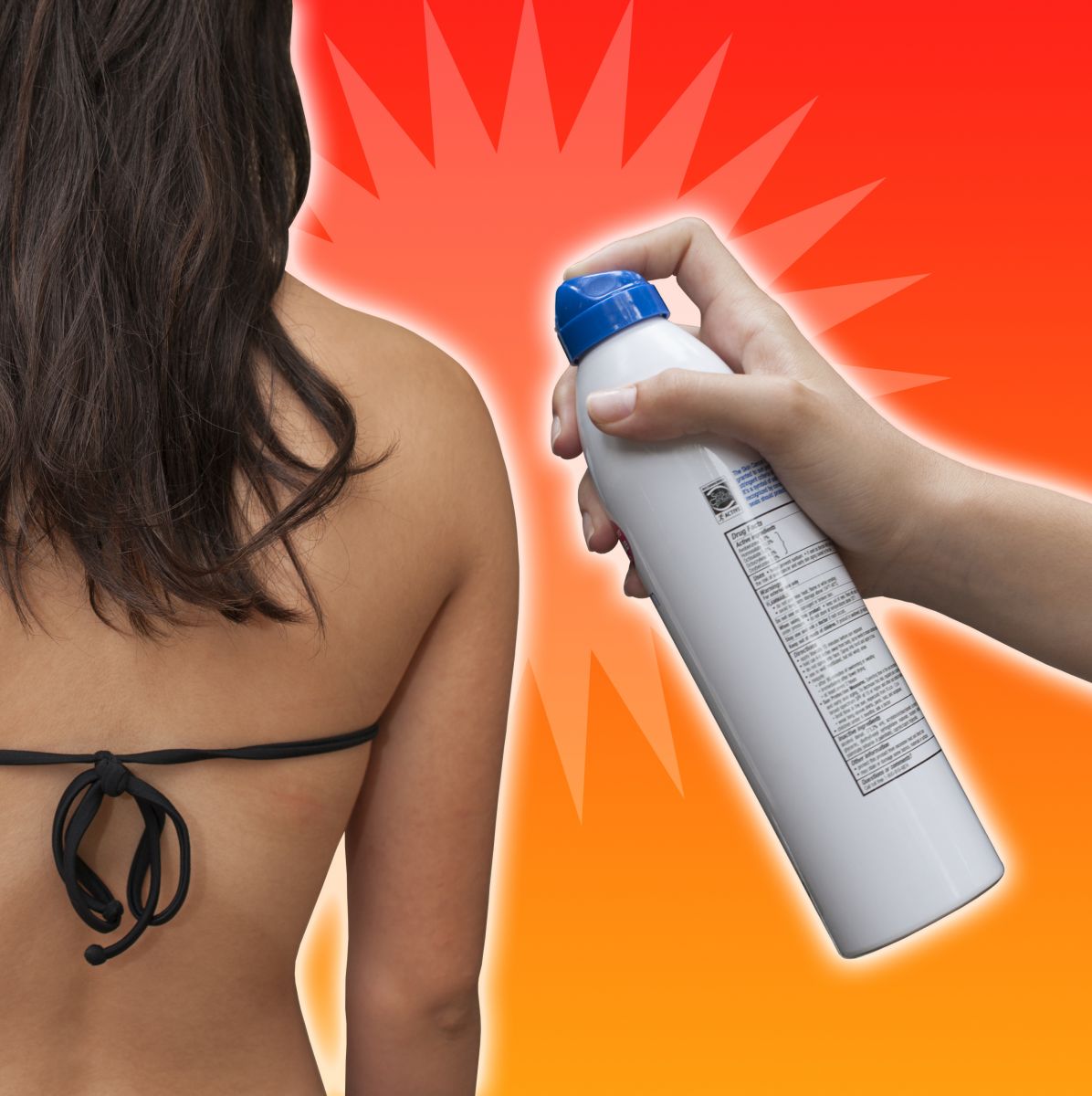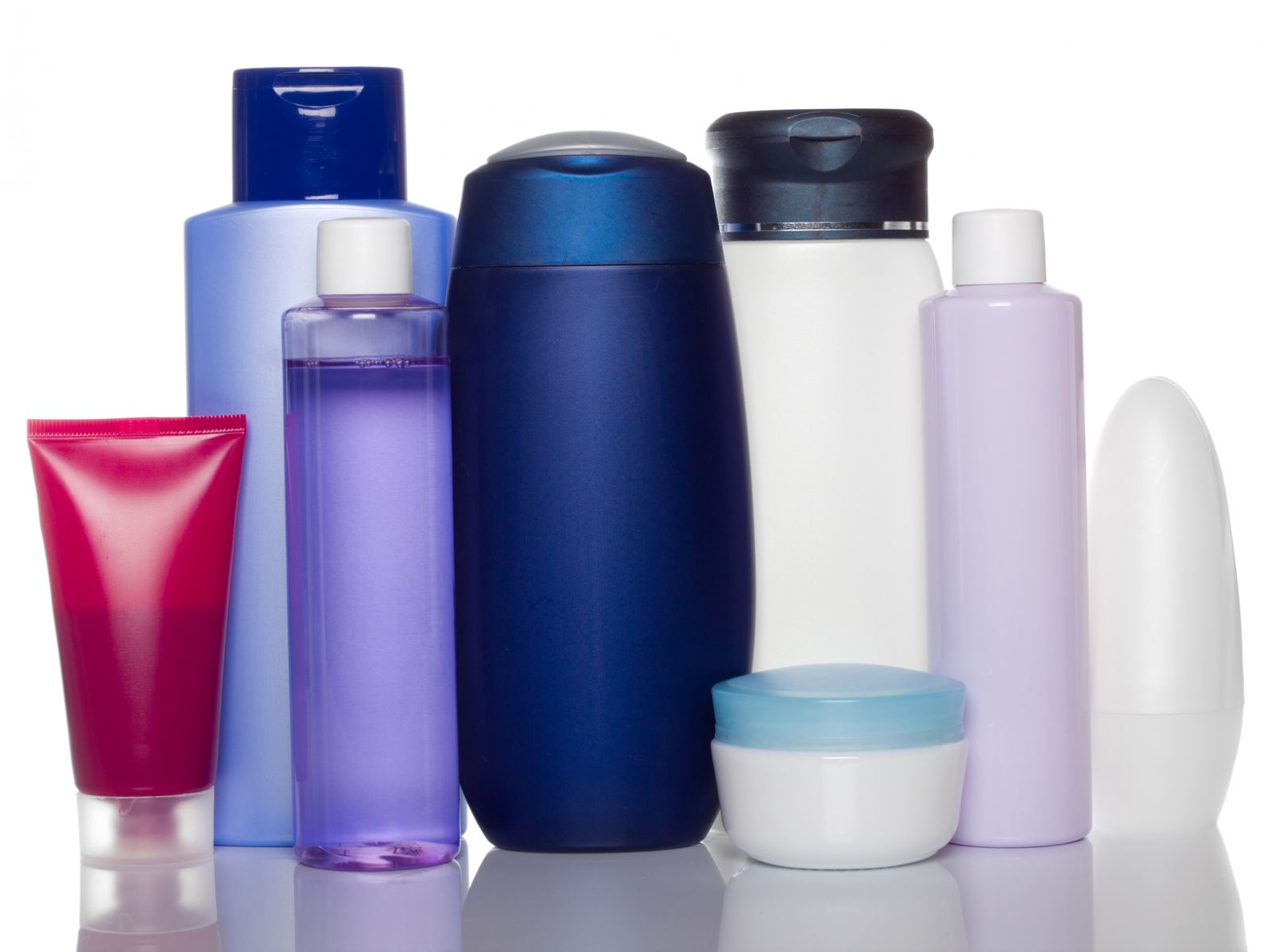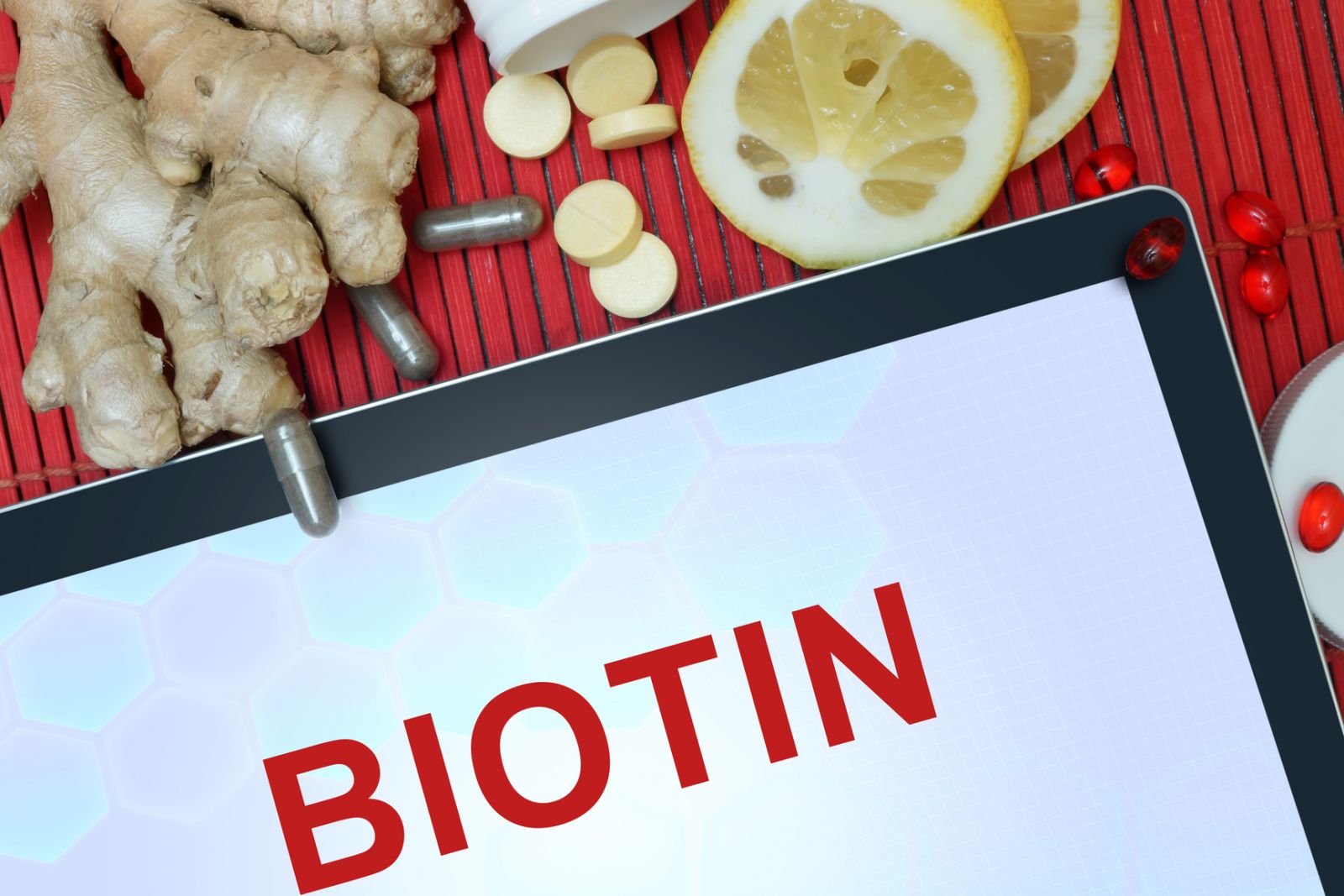Welcome to the DermacenterMD Blog
 Sunscreen is a must. It is essential that you protect your skin from the harmful rays of the sun. Taking the proper precautions when it comes to the sun can decrease signs of aging and reduce your chances of getting skin cancer. Below you will find the answers to common questions that you should know make a point to know and understand. Knowing what sunscreen is and how it works can help you in your efforts to protect your skin and keep yourself and the ones you love healthy.
Sunscreen is a must. It is essential that you protect your skin from the harmful rays of the sun. Taking the proper precautions when it comes to the sun can decrease signs of aging and reduce your chances of getting skin cancer. Below you will find the answers to common questions that you should know make a point to know and understand. Knowing what sunscreen is and how it works can help you in your efforts to protect your skin and keep yourself and the ones you love healthy.
Below are several common sunscreen questions with answers taken from the Skin Cancer Foundation:
What Are Sunscreens?
Sunscreens are products combining several ingredients that help prevent the sun's ultraviolet (UV) radiation from reaching the skin. Two types of ultraviolet radiation, UVA and UVB, damage the skin and increase your risk of skin cancer. Sunscreens vary in their ability to protect against UVA and UVB.
What Are UVA and UVB?
Ultraviolet (UV) radiation is part of the electromagnetic (light) spectrum that reaches the earth from the sun. It has wavelengths shorter than visible light, making it invisible to the naked eye. Ultraviolet A (UVA) is the longer wave UV ray that causes lasting skin damage, skin aging, and can cause skin cancer. Ultraviolet B (UVB) is the shorter wave UV ray that causes sunburns, skin damage, and can cause skin cancer.
What Is SPF?
SPF – or Sun Protection Factor – is a measure of a sunscreen's ability to prevent UVB from damaging the skin. Here's how it works: If it takes 20 minutes for your unprotected skin to start turning red, using an SPF 15 sunscreen theoretically prevents reddening 15 times longer – about five hours. Most sunscreens with an SPF of 15 or higher do an excellent job of protecting against UVB.
What Does Broad-Spectrum Mean?
Broad-spectrum sunscreens protect the skin from both UVA and UVB rays. Beginning in December 2012, the U.S. Food and Drug Administration (FDA) began to implement new rules for "broad-spectrum" products.
So, next time you head outside to enjoy the outdoors, don't forget your sunscreen!!
Source:
http://www.skincancer.org/prevention/sun-protection/sunscreen
 In dermatology, acceptance and responsibility are two key components that we need. Why? Well, I will tell you why.
In dermatology, acceptance and responsibility are two key components that we need. Why? Well, I will tell you why.
The lack of protection from the sun is one of the underlying driving forces to precancers (actinic keratosis), wrinkles, pigmentation, and even skin cancer. Unfortunately, most every person does not apply the amount of sun protection that they should. It’s essential that we wear sunscreen and protect ourselves. Even a scientific study done on farmers in west Texas backs this up. When sunscreen was applied to one half of the face and not the other half during three months of summer, the side of the face with sunscreen applied every day has half as many precancer (actinic keratosis) growths as the other side of the face.
This simple study demonstrated the power of daily sunscreen for reducing precancer lesions. On top of this, we know that age spots, wrinkles, and skin cancer are caused by sun exposure.
So, to get our skin looking and feeling the best, we need to use sunscreen every day. This can be in the form of lotions, sunscreens themselves, and make up for women. In addition, choosing a sunscreen that has the proper ingredients is key. Finding sunscreen with Titanium Dioxide or Zinc Oxide is useful since these ingredients are physical blockers. This means that they bounce the sun off the skin. Another quality ingredient in sunscreen is Avobenzone or Parsol 1789. This is also an excellent ingredient which can be a powerful agent in preventing sun damage.
Use daily sunscreen with Titanium Dioxide, Zinc Oxide or Avobenzone (Parsol 1789) to reduce your risk of sun damage and skin cancer. The simple habit could pay big dividends!
 Hello My Friend,
Hello My Friend,
Have you ever heard the old saying ‘Practice makes perfect?’ Well, if you are anything like me, then you've likely heard it and used it in your life somewhere along the way.
The unfortunate thing about this philosophy is it can be dead wrong. Yes, you read that right. I am not agreeing with the practice makes perfect philosophy all together. This is because if a person is doing something just a bit incorrectly and they repeat it over and over, they are not on the road to achiving perfection. They are headed toward being efficient at doing something wrong.
The truth is PERFECT PRACTICE MAKES PERFECT. This is likely why there are so many golf pros in the world. There are very few perfect golf games being played, so the teachers and mentors are found all over trying to help players get that little bit of improvement. It is only when someone learns to practice perfectly that they able to perform at a high level. This philosophy extends beyond the golf course into the realms of work, other sports, cooking, social activities, and even relationships.
It is worth considering if we are doing things the right way in our life. That little bit extra we can put in to being the person who is willing to practice, and more importantly being willing to practice perfectly, might make a big difference in our future. Try this week to find something you can improve on and then practice. And remember the better we are at our practice, the better our results.
I wish you much success, peace, and happiness.
Enthusiastically,
Roger Moore, MD
 Rosacea is a confusing topic for most people. It is typically a problem of the face in adults where they can experience bumps or redness and often both. Characteristic symptoms of rosacea are red bumps, pus bumps, and dilated blood vessels on the face.
Rosacea is a confusing topic for most people. It is typically a problem of the face in adults where they can experience bumps or redness and often both. Characteristic symptoms of rosacea are red bumps, pus bumps, and dilated blood vessels on the face.
Many people who suffer from rosacea claim that drinking coffee causes aggravation of their rosacea symptoms. It has been thought that the caffeine in coffee was to blame for causing flare ups, but more recently, it has been discovered that it is the heat of coffee that causes the flushing or redness of the face. Phew! This means if you suffer from rosacea and are an avid coffee drinker (like many of us), you’re in luck! You don’t have to give up your caffeine fix (phew!). Instead, avoid hot liquids. Rather than grabbing your steamed latte in the morning, opt for an iced coffee and see if your symptoms improve.
Choosing iced or cool drinks over hot drinks can make a big difference for some people. Other treatment options are available for rosacea as well. Topical creams and oral antibiotics can be effective in reducing rosacea flare ups. If you suspect rosacea, come in to have your skin evaluated by Dr. Moore. Rosacea is not something you have to live with, it is treatable.
Give us a call at 574-522-0265 today!

5 Health Benefits of Biotin
Vitamin H, or biotin, is a part of the complex B vitamins. Biotin is a vitamin that can be very beneficial to your health. Here are 5 health benefits you can garnish from taking biotin:
1.Strengthen hair and nails
Biotin can help to thicken nail cuticles and prevent breakage. While there is little evidence to support the idea that biotin increases hair growth, there is evidence to support that a deficiency can lead to hair loss. Many hair care companies are now including biotin directly into their products.
2.Improve health of your skin
B vitamins play a key role in the function of the nervous system and affect hormone function; therefore biotin can play a significant role in skin health. If skin is not nourished from the inside out, toxicities will form through the nervous system and manifest on the skin’s surface.
3.Aid in weight loss
Biotin supports metabolic function and helps to break down food, especially carbohydrates.
4.Lower cholesterol
When cholesterol levels are too high you are at a greater risk of developing health problems such as heart disease, heart attack and stroke. It is thought that biotin can help to reduce bad cholesterol levels.
5.Regulate blood sugar
Biotin has been associated with helping to prevent and fight off diabetes. A 2005 study conducted by the Biomedical Research Institute found that biotin deficiency has been linked to impaired glucose tolerance and decreased utilization of glucose. Therefore, taking biotin could help your body to properly use and absorb glucose.
It is always best to check with your doctor before adding any supplement to your diet. Biotin is found in many foods and most people already meet their daily requirements if they have a nutrient-rich diet. However, taking it as a supplement can be helpful. Consult your doctor before adding biotin to your diet.
Source:
Webstie: http://www.chatelaine.com/health/wellness/biotin-can-boost-your-health/
Study: http://www.ncbi.nlm.nih.gov/pubmed/15992683
This website includes materials that are protected by copyright, or other proprietary rights. Transmission or reproduction of protected items beyond that allowed by fair use, as defined in the copyright laws, requires the written permission of the copyright owners.
Archive:
Tags
- dry skin (2)
- moisturizer (1)
- sensitive skin (3)
- PA (2)
- Skincare (2)
- skin cancer (29)
- cancer (6)
- facts (1)
- skin (19)
- dermatology (22)
- skin care (19)
- cosmetic (2)
- wrinkles (1)
- Botox (4)
- Dysport (3)
- sleep (1)
- look good (1)
- daily routine (1)
- healthy lifestyle (1)
- doctor (2)
- patient (1)
- sun protection (5)
- sunscreen (14)
- aging dermatology (1)
- providers (1)
- tanning (2)
- sun (6)
- UVA rays (2)
- UVB rays (2)
- melanoma (10)
- Acne (2)
- Treatment (2)
- sunscren (1)
- sun exposure (5)
- Melanoma Monday (2)
- Skin Cancer Awareness Month (1)
- education (2)
- skin cancer specialist (1)
- basal cell carcinoma (1)
- squamous cell carcinoma (1)
- ingredients (2)
- improve your smile (1)
- cosmetics (1)
- laser (1)
- fillers (2)
- sunburn (3)
- avoid the sun (1)
- hat (1)
- sun clothing (1)
- SPF (1)
- Rosacea (3)
- NP (1)
- Nurse Practitioner (1)
- mid-level provider (1)
- physician (1)
- dermatologist (6)
- cosmetic dermatology (4)
- anti-aging (2)
- youthful looks (1)
- Eczema (2)
- rash (2)
- itch (1)
- the rash that itches (1)
- reduce itch (1)
- itching (1)
- getting along with others (1)
- basal cell (2)
- squamous cell (2)
- detection (1)
- Mohs surgery (2)
- photoaging (1)
- Inspiring (1)
- word of the day (1)
- inspiration (3)
- uplifting (1)
- protection (4)
- lips (1)
- reduce wrinkles (1)
- look younger (1)
- encouragement (1)
- never give up (1)
- you can do it (1)
- medical school (1)
- dreams (1)
- brown spots (1)
- moles (2)
- liver spots (1)
- age spots (1)
- Abe Lincoln (1)
- life lessons (1)
- lip cancer (1)
- health (12)
- motivation (1)
- work (1)
- people (2)
- home life (1)
- lifestyle (1)
- ABCDEs of Melanoma (1)
- mole (1)
- skin check (2)
- skin facts (2)
- odd (1)
- fun (1)
- interesting (1)
- lung cancer (1)
- disease (1)
- Christmas (2)
- gifts (1)
- sun burn (1)
- winter skin tips (1)
- itchy skin (1)
- winter skin (1)
- myths (1)
- myth busted (1)
- skin protection (1)
- sunscreen safety (1)
- specialist (1)
- red skin (1)
- irritation (1)
- feel good (1)
- helping (1)
- help (1)
- helping others (1)
- treatment options (1)
- skin health (9)
- Vitamin D (2)
- tanning beds (1)
- skin health. dermatology (1)
- sunshine (1)
- awareness (1)
- prevention (1)
- sun damage (3)
- connections (1)
- working together (1)
- health care (1)
- biotin (1)
- medical (1)
- aging (1)
- elkhart (1)
- Roger Moore (1)
- check (1)
- skin type (1)
- skin cancer prevention (1)
- gift guide (1)
- Christmas gift guide (1)
- Dr. Roger Moore (1)
- holidays (1)
- family history (1)
